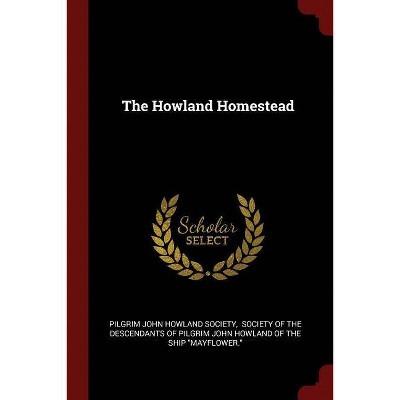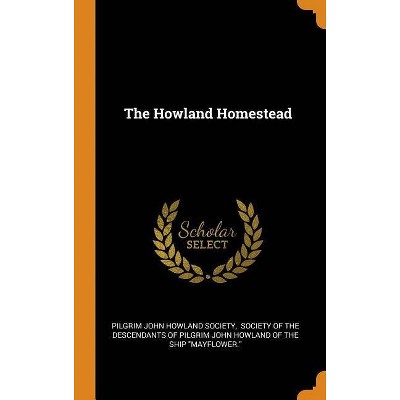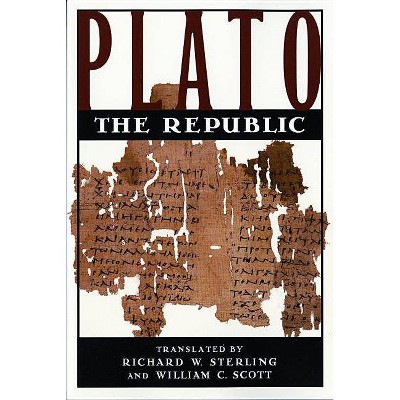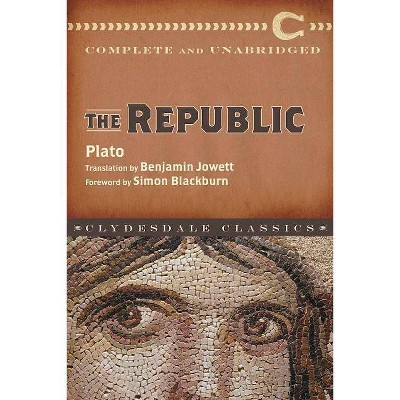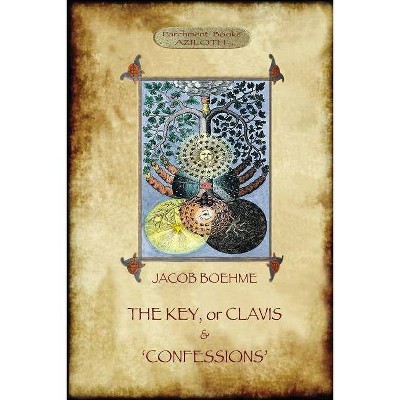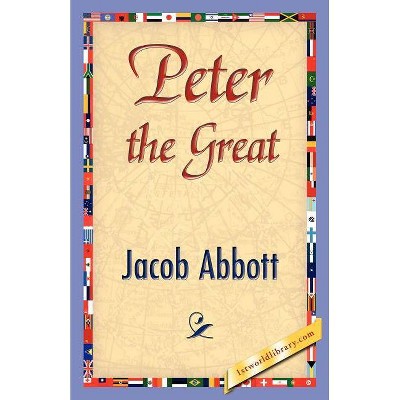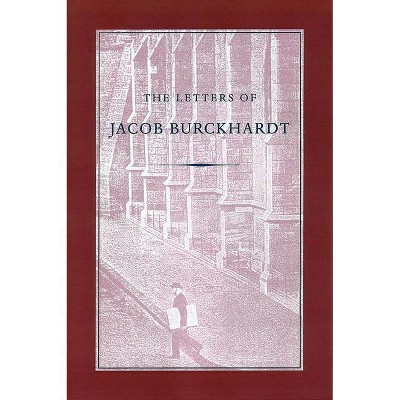The Republic - by Jacob Howland (Paperback)
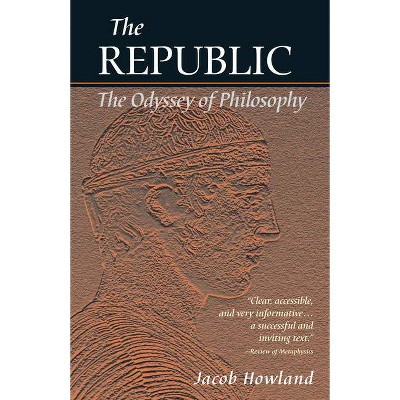
Similar Products
Products of same category from the store
AllProduct info
<p/><br></br><p><b> About the Book </b></p></br></br>Jacob Howland's book is an engaging, readable, and extremely suggestive addition to the literature on Plato's magnum opus.--<i>Ancient Philosophy</i><br><p/><br></br><p><b> Book Synopsis </b></p></br></br><p>Clear, accessible, and very informative...a successful and inviting text.--<i>Review of Metaphysics</i></p><p>If only there were more books like this one! Jacob Howland's <i>The Republic: The Odyssey of Philosophy</i> opens up the wealth of the experience of reading Plato's <i>Republic</i> by carefully demonstrating how the dialogue cuts across the boundaries of philosophy and literature...[It] will be an invaluable aid to those teachers who want to introduce their students to a Plato that goes beyond the shopworn problems of Platonism.--Peter Warnek, University of Oregon</p><p>In the <i>Republic</i>, Plato addresses the deepest questions about the human soul and human community, the proper objects of worship and reverence, the nature of philosophy, and the relationship between the philosopher and the political community. As presented in the <i>Republic</i>, Socratic philosophizing is eternally unfinished, paradoxical, and ambiguous. According to Jacob Howland, this openness allows for ever-fresh approaches to the questions Plato raises.</p><p>Jacob Howland's book is an engaging, readable, and extremely suggestive addition to the literature on Plato's magnum opus.--<i>Ancient Philosophy</i></p><p>In this concise, stimulating and provocative book Howland is in effect dealing with the central and persistent problem about the interpretation of the <i>Republic</i> what is its purpose, and how do we establish what that is?--<i>Polis</i></p><p>I know of no other book devoted to the <i>Republic</i> that so straightforwardly furnishes a healthy orientation to Plato's philosophic intentions. It will be of unqualified interest both to first-time students of the Republic and to their teachers. Yet it will also intrigue those looking for further, responsible light on apparently well-worn paths. A most inviting, helpful reading.--<i>St. John's Review</i></p><p><b>Jacob Howland</b> is McFarlin Professor of Philosophy at the University of Tulsa, where he teaches in the Honors Program as well as in philosophy. He has written and lectured on the work of Plato, Aristotle, Xenophon, and Hegel, among others. He is the author of <i>The Paradox of Political Philosophy: Socrates' Philosophic Trial</i>, <i>Kierkegaard and Socrates</i>, <i>and Plato and the Talmud</i>.</p><p/><br></br><p><b> Review Quotes </b></p></br></br><br><p><b>Praise for Jacob Howland and <i>The Republic</i></b></p><p>Clear, accessible, and very informative...a successful and inviting text.--<b><i>Review of Metaphysics</i></b></p><p>If only there were more books like this one! Jacob Howland's <i>The Republic: The Odyssey of Philosophy</i> opens up the wealth of the experience of reading Plato's <i>Republic</i> by carefully demonstrating how the dialogue cuts across the boundaries of philosophy and literature...[It] will be an invaluable aid to those teachers who want to introduce their students to a Plato that goes beyond the shopworn problems of Platonism.--<b>Peter Warnek, University of Oregon</b></p><p>Jacob Howland's book is an engaging, readable, and extremely suggestive addition to the literature on Plato's magnum opus.--<b><i>Ancient Philosophy</i></b></p><p>In this concise, stimulating and provocative book Howland is in effect dealing with the central and persistent problem about the interpretation of the <i>Republic</i> what is its purpose, and how do we establish what that is?--<b><i>Polis</i></b></p><p>I know of no other book devoted to the <i>Republic</i> that so straightforwardly furnishes a healthy orientation to Plato's philosophic intentions. It will be of unqualified interest both to first-time students of the Republic and to their teachers. Yet it will also intrigue those looking for further, responsible light on apparently well-worn paths. A most inviting, helpful reading.--<b><i>St. John's Review</i></b></p><br><p/><br></br><p><b> About the Author </b></p></br></br><p><b>Jacob Howland</b> is McFarlin Professor of Philosophy at the University of Tulsa, where he teaches in the Honors Program as well as in philosophy. He has written and lectured on the work of Plato, Aristotle, Xenophon, and Hegel, among others. He is the author of <i>The Paradox of Political Philosophy: Socrates' Philosophic Trial</i>, <i>Kierkegaard and Socrates</i>, <i>and Plato and the Talmud</i>.</p>
Price History
Price Archive shows prices from various stores, lets you see history and find the cheapest. There is no actual sale on the website. For all support, inquiry and suggestion messages communication@pricearchive.us

